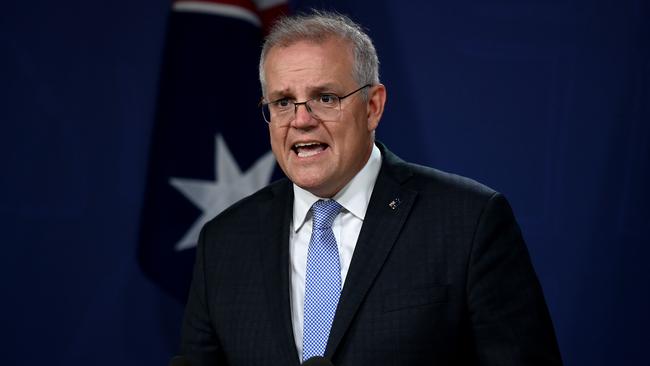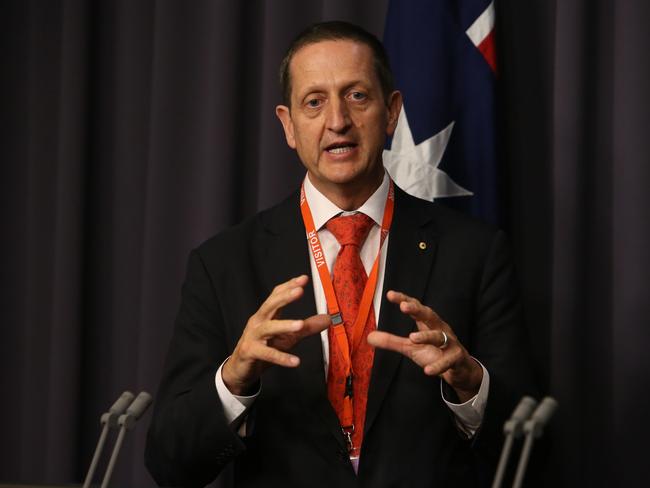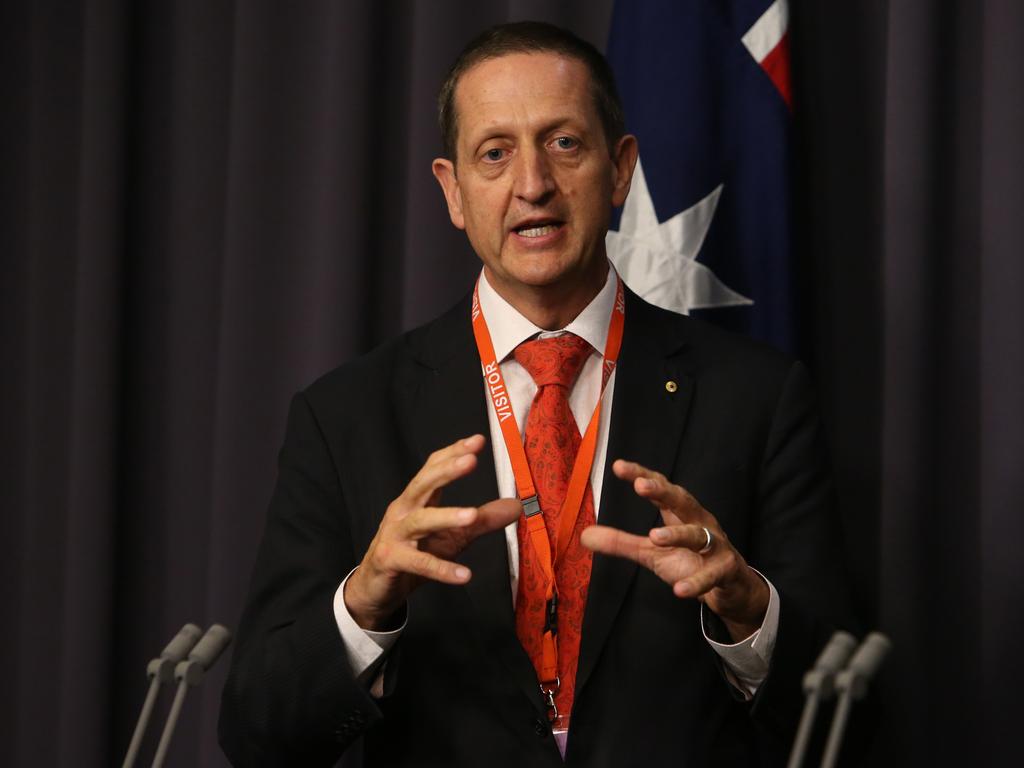Budget 2021: We can’t boost Australia’s mental health without honesty about Morrison government funding

Unlike many other human services areas, due to the younger age of those most affected and the lifetime costs of mental ill-health, it is an area where effective strategies, delivered at scale, have the potential for large returns on investment. However, meeting individual needs in a highly personalised and compassionate way is not a cheap exercise.
Although the commonwealth already spends more than $20bn per year on supporting 1.2 million older Australians, it has indicated that it intends to invest another $10bn over the next four years (or about $18,000 per person per year). However, the other major area of human services that has long been dysfunctional is mental health. For those who work in this sector, and those people and families who struggle on a daily basis to access high quality care, there is little doubt that we need not only to spend more but also spend it smarter.

Based on Australian Institute of Health and Welfare and the 2020 Productivity Commission reports, the nation spends $10.6bn per year supporting almost 4.5 million people. The states and territories do the heavy lifting, spending about two-thirds ($6.4bn) largely on public hospitals and acute care services for the most severely affected (about 500,000 people, or about $13,000 per person per year).
As was predicted by the National Mental Health Commission in its 2014 report to the Abbott government, the only part of the national mental health budget that has consistently grown since 2015, has been expenditure on hospital beds. Consequently, as the cost of providing acute services has escalated, State-provided services outside of hospitals have declined.
Sadly, in response to that same 2014 report, the commonwealth rejected the recommendation that it devote its annual growth in spending (about $200m per year) specifically to community-based and early intervention services. It still remains the case that without any specific intervention, all governments will continue to pour new money into hospitals first.
By contrast with the states and territories, the commonwealth direct expenditure on mental health is limited to $3.6bn (about $900 per person per year for the remaining 4 million). It provides a range of services including Medicare (about $1.6bn), pharmaceutical benefits (more than $550m), and direct services that are now commissioned regionally through Primary Health Networks (about $1bn).
The development of regionally based commissioning was implemented by the Turnbull government in 2016. It includes significant innovations, like the National Youth Services, Headspace, and shifts the focus from simplistic cost-shifting between the commonwealth and the states to complementary funding at a regional level. It is a concept that has been strongly endorsed by the more recent 2020 PC report.
Since its re-election in 2019, the Morrison government has spoken of massive increases in mental health funding, with specific ministerial statements claiming that the commonwealth spend has gone from about $3.3bn to $5.9bn per year over the past five years. In truth, annual increases in total national expenditure are less that 3 per cent, with total spending stuck well below $11bn and constituting less than 8 per cent of total health funding.
The massive increase that the commonwealth now claims is due to $2.2bn it transfers annually to the states for hospital-based services. That is, it’s a simple and ongoing consequence of the Gillard-led National Hospital Agreement. All that has changed is the language, not the actual expenditure. That is, the Morrison government now chooses to speak of ‘commonwealth-funded’ as distinct from ‘commonwealth expenditure’ on services.
As we look closely at the 2021 Budget outcomes, it will be necessary to dig much deeper than the press releases and the large dollar amounts that often result from bundling up proposed expenditure over subsequent years. Only by reporting our total national investment honestly and accurately, will we be able to determine whether we really are now in the national mood for serious commitment to growing our future mental ‘wealth’.
Ian Hickie is a professor of psychiatry and co-director of health and policy at the Brain and Mind Centre at Sydney






Now that Treasurer Josh Frydenberg has confirmed that the age of austerity is over, we can turn our eyes as to whether the Morrison government is serious about investing in growing our nation’s “mental wealth”. It’s not short of reports, enquiries and Royal Commissions from which to draw specific recommendations for immediate actions.